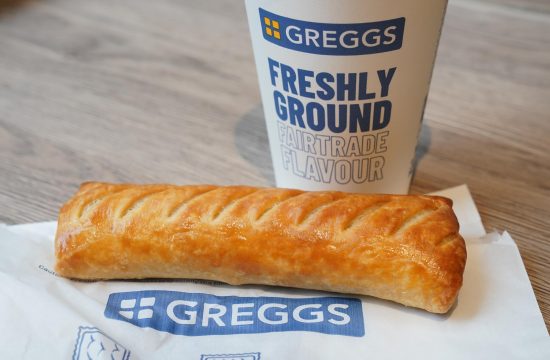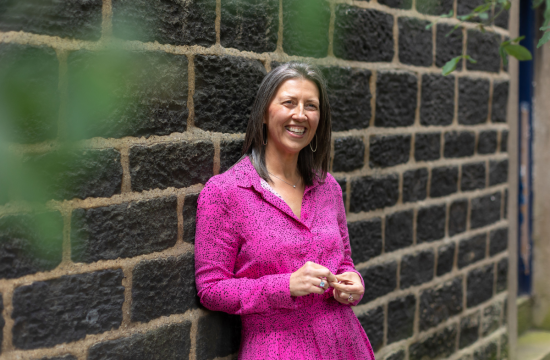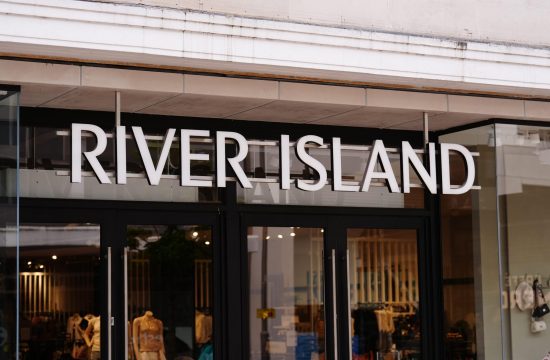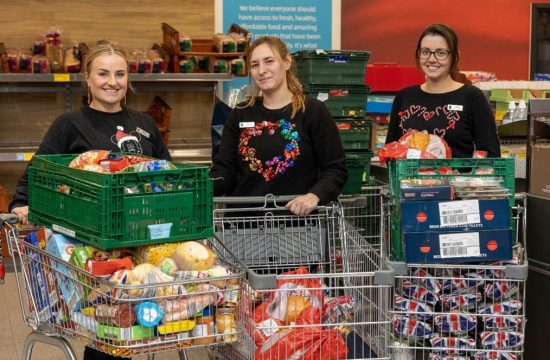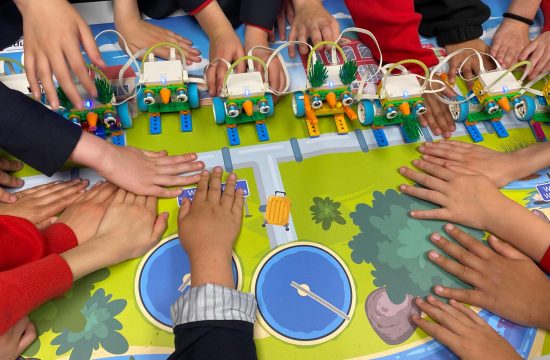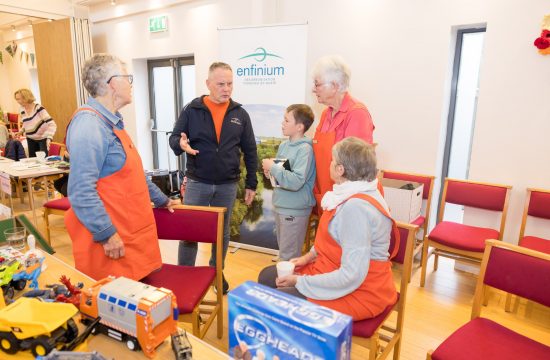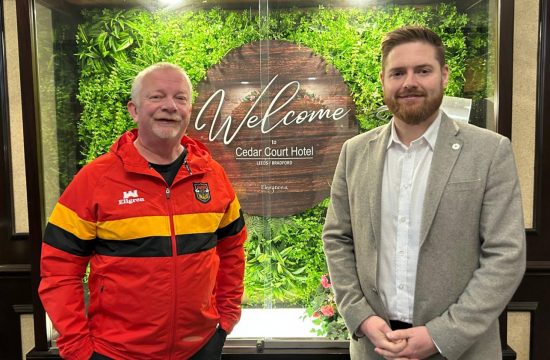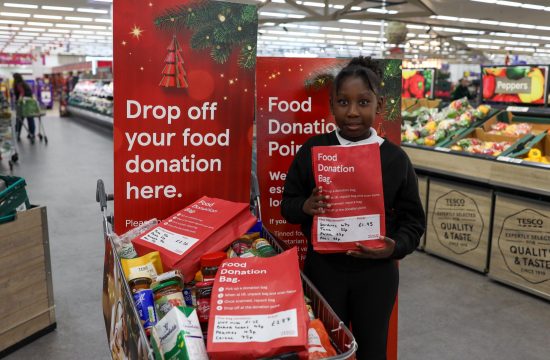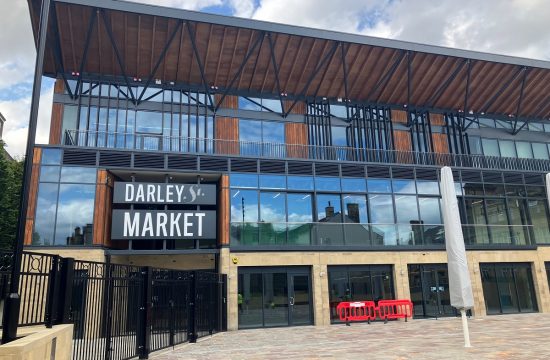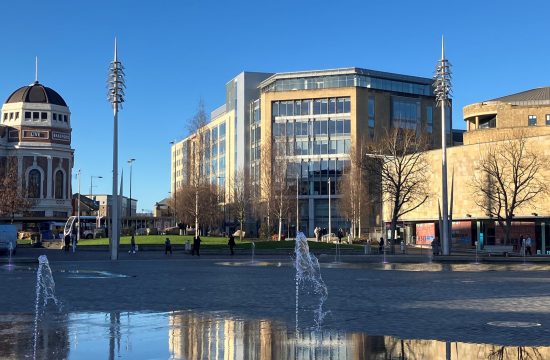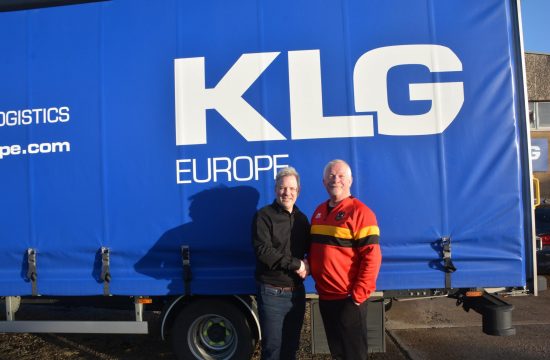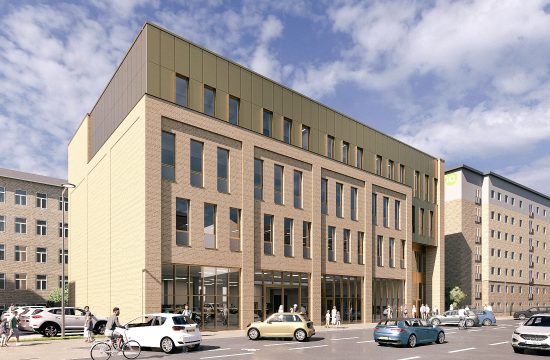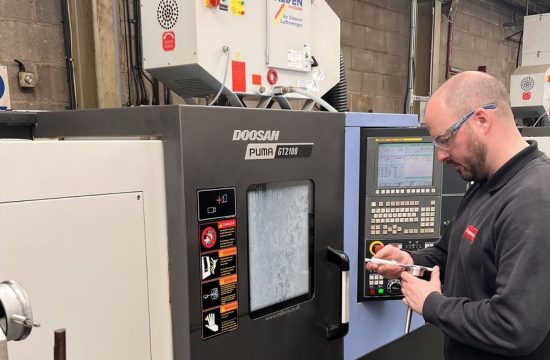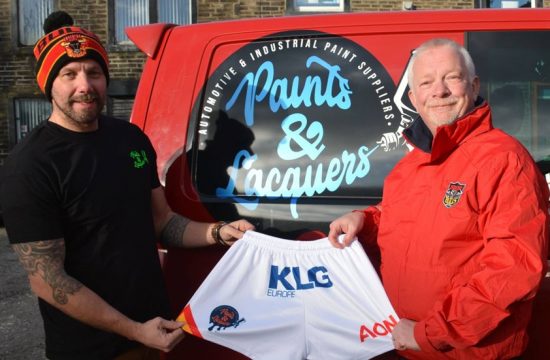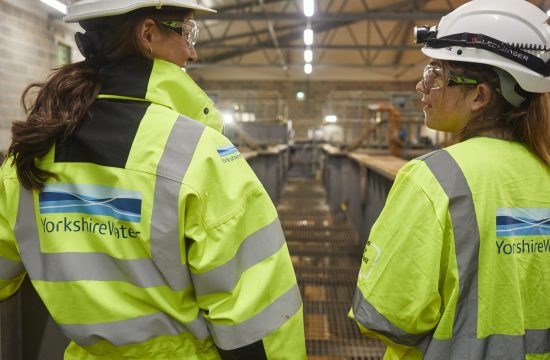A BRADFORD business has told how it is keeping the city’s legacy as the wool capital of the world alive in 2025.
British Wool came to Bradford in 1967, starting at a site in Clayton before later moving to the Euroway industrial estate and its current home on Canal Road.
It was a time when the city’s textile mills were booming and its title as ‘Worstedopolis’ was cemented.
And while the Wool Exchange may now be filled with books instead of coat-wearing traders, British Wool is among those firms still trading today.
As the firm marks its 75th year in business, thousands of kilos of fleeces are hand graded at British Wool’s factories.
The traditional process involves personally sorting and classifying wool fleeces based on their individual characteristics, such as fineness, length, strength, and colour.
Led by experienced team members, the younger generation is now among the company’s apprentices who keep the knowledge of wool classing alive.
British Wool – which works with 30,000 farms across the UK – then sells the wool in the international market.
“We collect any type of wool from any size of farm across the UK,” said Graham Clarke, marketing director at British Wool.
“Bradford used to be such a huge hub back in the 1800s. It’s important we do have our head office in Bradford.
“We deal with about 30,000 farms across the UK. A lot of farms in the UK probably have maybe 200/250 sheep. That would yield 500/600 kilos of wool. We sell it into an international market which demands higher volumes.
“It’s not like a normal factory, it’s very interesting what we do.
“Everything we do is for farming. We’ve got a board of directors of farmers elected by other farmers. We have got to answer to our farmers.
“In the UK we have 60 breeds of sheep. It’s quite different to many other big wool growing nations.
“Some of that wool goes into carpets but it also goes into bedding and mattresses. It keeps you warm in winter but cool in summer. Carpeting is a big thing for us.
“It goes into fashion. It goes into insulation. It goes into all sorts of weird and wonderful things, dog beds.”
With the rise of fast fashion, wool has not been the first choice for fashion companies which increasingly prefer synthetic materials.
But British Wool says it wants to get more fashion brands back into wool as the environment becomes more of a priority.
Looking from the past to the future, Mr Clarke said: “With the change in people’s attitudes and people becoming more aware of global warming and climate change, British Wool is part of the solution.
“Synthetic clothes are plastic. That’s exactly what synthetic is. As more and more people understand and we get the message out there that we’re moving away from fast fashion.
“Gen Z are looking at that more.”




